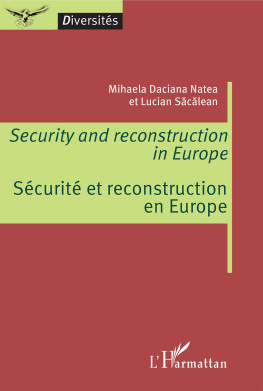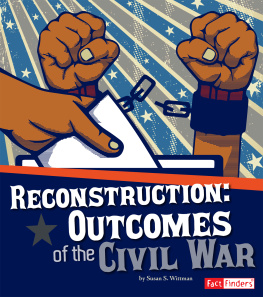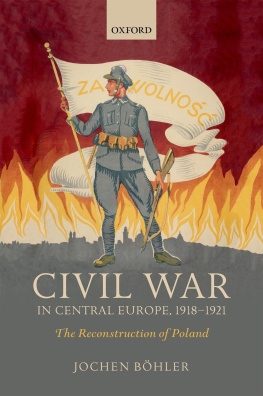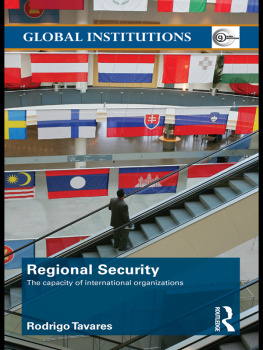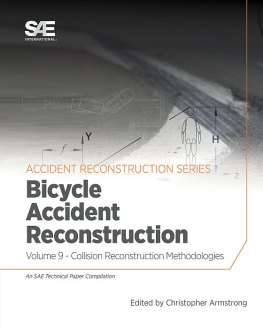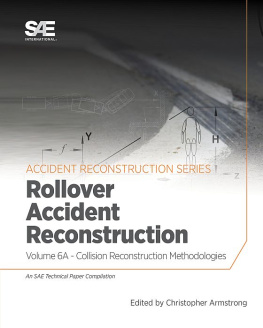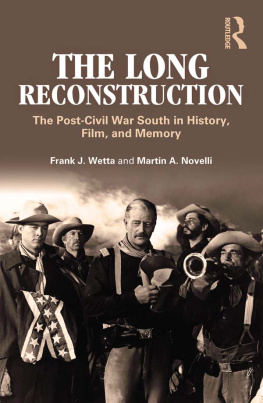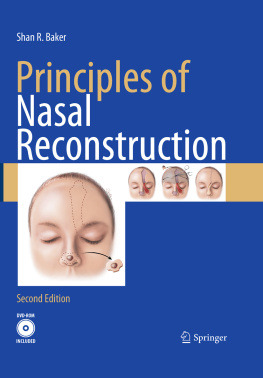4e de couverture
Collection Diversits
Dirige par Hedi SAIDI, historien.
Cette collection est destine prsenter les travaux thoriques, empiriques et pratiques des chercheurs scientifiques, et des acteurs sociaux. Elle a vocation publier des ouvrages essentiellement universitaires, traitant des rapports sociaux, de la mmoire, de lhistoire et de laltrit. Elle se propose de constituer un portail daccs ltude des socits contemporaines et offrir une plateforme dchanges des chercheurs de plusieurs disciplines. La collection entend faire connatre la production franaise dans les domaines historiques et sociologiques mais aussi relayer les travaux de chercheurs trangers et devenir ainsi un point dappui dans le dveloppement des changes scientifiques au niveau international en sciences humaines et sociales.
Comit scientifique international : ARFAOUI Khmais Universit de Tunis, Tunisie ; BARBOUCHI Sarah Universit de Toulouse-Le Mirail, France ; BELGACEM Brahim Universit de Tunis, Tunisie ; BELLAMINE Meriem Universit de Tunis, Tunisie ; BELKHOJA Chedly Universit de Moncton, Canada ; BENSEDRINE Lamjed Tunisie ; BOUCHER Colette Universit Laval, Canada ; BRICHARD Christiane Belgique ; COSTEA Simion Universit de Targu Mures, Roumanie ; DAHMANI Said Universit de Toulouse 1, France ; DRAME Patrick Universit de Sherbrooke, Canada ; JOLIOT Bernard universitaire, France ; LABORI Michel historien, France ; MANAA Ammar Universit de Msila, Algrie ; MEKKI Nidhal Universit de Tunis, Tunisie ; MRABET Tarek CCMA, France ; PRIMEAU Marie Douce Universit de Montral, Canada ; SAPICAS Marina France ; SAYAH Jamil Universit de Grenoble, France ; SAYAH Mansour Universit de Toulouse-Le Mirail, France ; SOW Abdoulaye Universit de Nouakchott, Mauritanie ; TADLAOUI Jamal-Eddine Universit de Sherbrooke, Canada ; TITO Anna journaliste, Italie.
Derniers ouvrages parus
Abla ROUAG-DJENIDI, Les jeunes, lcole et lducation, Reprsentations, pratiques et enjeux , 2016
Jamil SAYAH, Frontires et mobilit , 2016
Hedi SAIDI, Savoir critiques et recherches historiques, Pour quels usages ?, 2015
Titre
Mihaela Daciana Natea et Lucian Sclean
SECURITY AND RECONSTRUCTION IN EUROPE
SCURIT ET RECONSTRUCTION EN EUROPE
Copyright
***
LHarmattan, 2020
5-7, rue de lcole-Polytechnique 75005 Paris
www.editions-harmattan.fr
EAN Epub : 978-2-336-90741-3
Content
Decentralization and Regionalization in the Framework of the Debates Generated by the 1918 Great Union
Radu CARP
The Secret Front and The Great Union
Cristian TRONCOT
La socit tunisienne au XIXe sicle : organisation, pouvoirs et autorit pendant la colonisation franaise (1880-1883)
Hedi SAIDI
Synergetic Potential of Public Diplomacy, M. Gandhis Pedagogical Heritage and Strategic Security
I.I. HANCHARONAK, T.I.MAROZ
Unveiling the Capabilities of Small States: Can Armenia be More Influential Than Its Size?
Mkrtchyan NAREK
Identity, Culture and Intellectual Property Paste Present and Future Dilemmas
Mihaela Daciana NATEA
Globalization and the Phenomenon of Romanians Migration. Case Study: Italy
Roxana MIHALY
Embedding the Principles of the UN Global Compact for Migration into the European Union Labour Immigration Strategic Vision
Mircea MOCANU
Minorities vs Majorities Is a European Legislation Necessary?
Lucian SCLEAN
Macroeconomic and Social Transformations in Post-Communist Eastern Europe
Rudi PAPA
Industry 4.0 and Artificial Intelligence Opportunities or Risks for Humankind?
Sergiu BORA
The Use of the Power of Information and Educational Space and the Media for the Formation of the NationalCultural Competencies of the Modern teenagers
T. I. MAROZ
Brexit 2020 : Quel avenir pour les langues ?
Andreea POP
Part I
Analyzing the Present by Looking in the Past
DECENTRALIZATION AND REGIONALIZATION IN THE FRAMEWORK OF THE DEBATES GENERATED BY THE 1918 GREAT UNION
PhD Radu Carp
Professor at Bucharest University
Abstract : In a time of great change on the European continent, starting from shifts in the political power play between European states to the creation of new states on the premises of the Wilsonian principles, Romania needed to adopt reforms in order to adapt its national system to the new political and territorial reality. The article explores the models and means used to implement decentralization and reorganization of the country in the years following the Great Union
Keywords: Great Union, reorganization, decentralization
After the Great Union of 1918, Romania chose the model of the unitary state, embodied in the Constitution of 1923. Was this the only possible choice? The priority at that time was administrative unification, with Romania obliged to integrate four different administrative models: that of the Old Kingdom, that of Transylvania, that of Bucovina and Bessarabia. Transylvania and Bucovina had a system based on decentralization; in Bessarabia, local autonomy was deceptive (according to Anibal Teodorescu), and in the Old Kingdom unitary state ideas circulating in the 19th century Europe are the priority. Even so, integration of Dobrogea after 1877 created some harmonizing problems for the administrative organization.
Adoption of the 1923 Constitution brought the future state administrative organization proceedings in question. Opposition parties disputed the constitutional draft of the Liberal government with their own. In the debate on the need for a new Constitution, which Ioan Stanomir calls constitutional politograms , the series of conferences organized by the Romanian Social Institute is of the utmost importance. Anibal Teodorescu raised the issue at such a conference.
According to him, only two options were available: extending the Old Kingdom administrative organization principles to the new provinces, a risky operation since they are constantly denounced. Even in the absence of problems arising from the necessity of unification administrative, reform is demanded; to borrow from abroad a tested model of administrative organization. Of the two choices, both with advantages and disadvantages, Anibal Teodorescu is an advocate for extending the Old Kingdom model: I do not have the fetishism of the foreign model, which, in terms of womens fashion, can be interesting and appealing, but has relative value in terms of legislation. This was the general vision of the time. The Old Kingdom intellectual elite, who knew the context of adopting the 1866 Constitution, realized that a legal transplant would have been riskier in 1923 than in 1866, and for that reason, the idea of taking on a model centered in decentralization was not well-received. The choice for a unitary state did not exclude administrative reorganization based on decentralization principles, but rather the contrary. Anibal Teodorescu thought counties ought to have some degree of financial autonomy and should be bigger. County interests should be completely separate from those of the center, and what is of the county should be decided and executed through the countys own administration, without the interference of the central power delegate. In Anibal Teodorescus view, the prefect should only be a liaison officer of the county with the central administration. From this perspective, a new level of decision-making should have been put in place, the region. As there are broader regions than a county whose population, because of the similarity of the means of living, feels the same need. Thus, there are public interests superior to the county, but of a lower significance to the general ones of the state . The regions advantage would be deconcentration, and the region could represent a means of achieving a better decentralization and not necessarily an end in itself.



